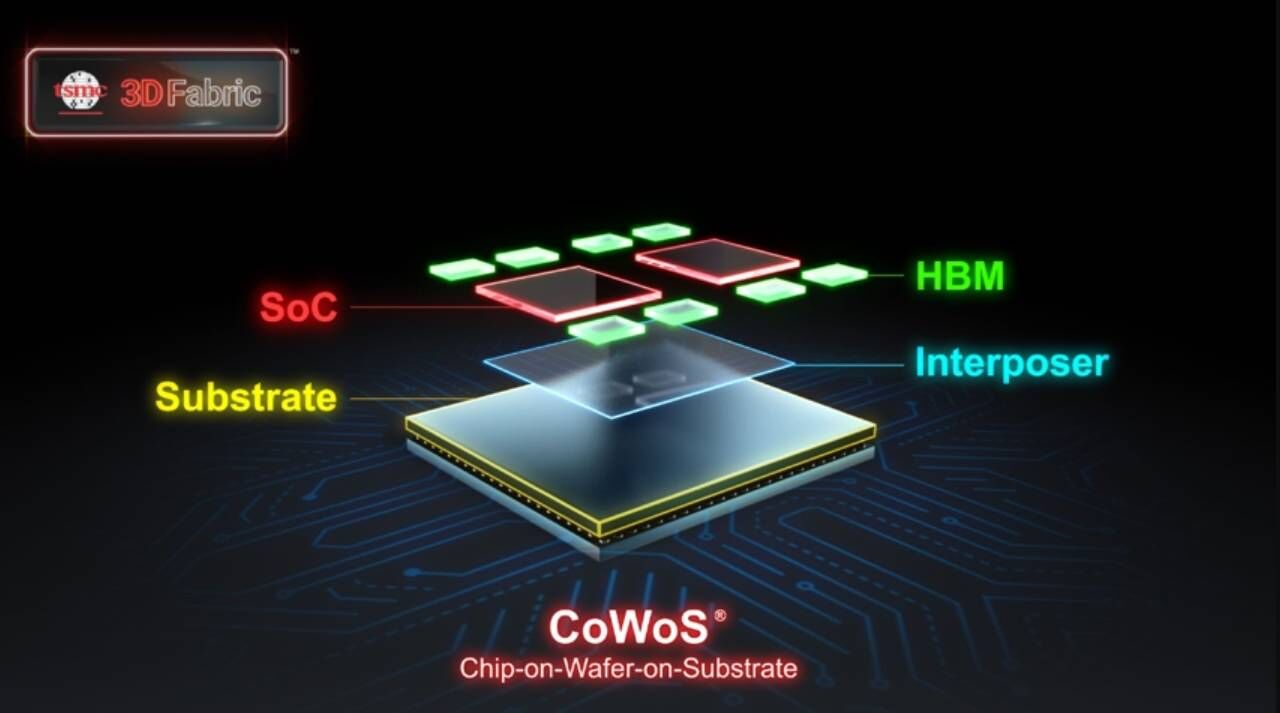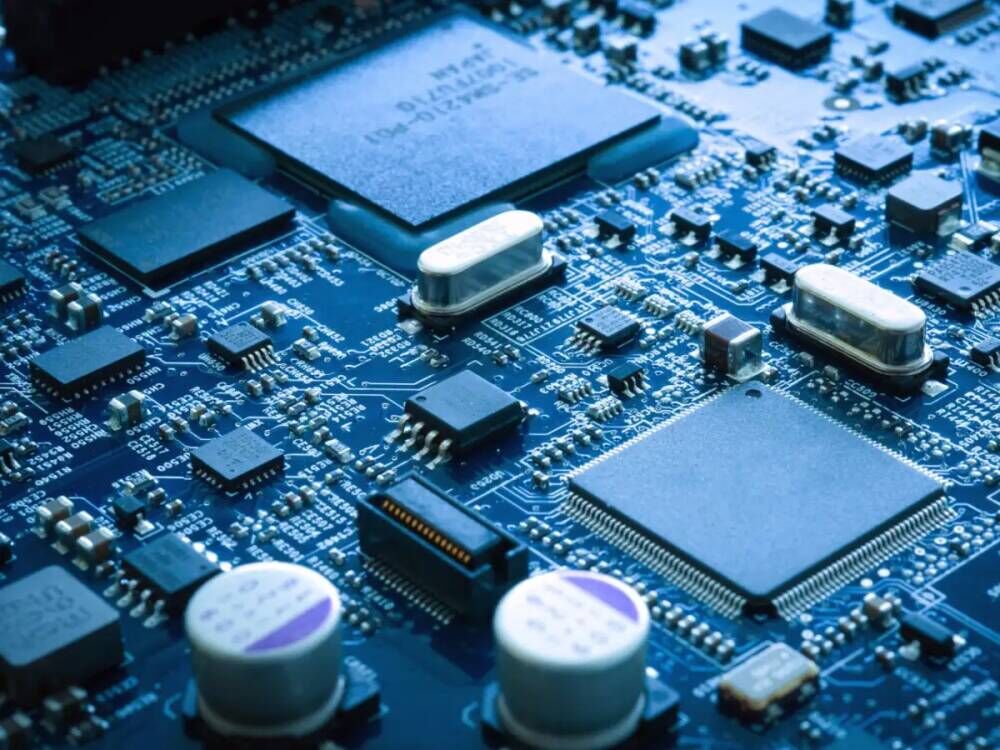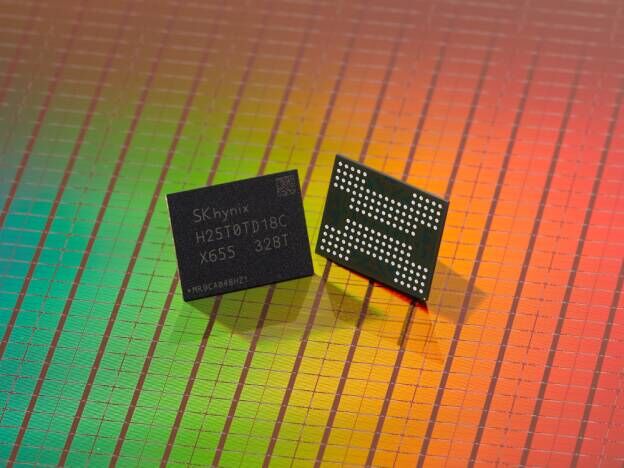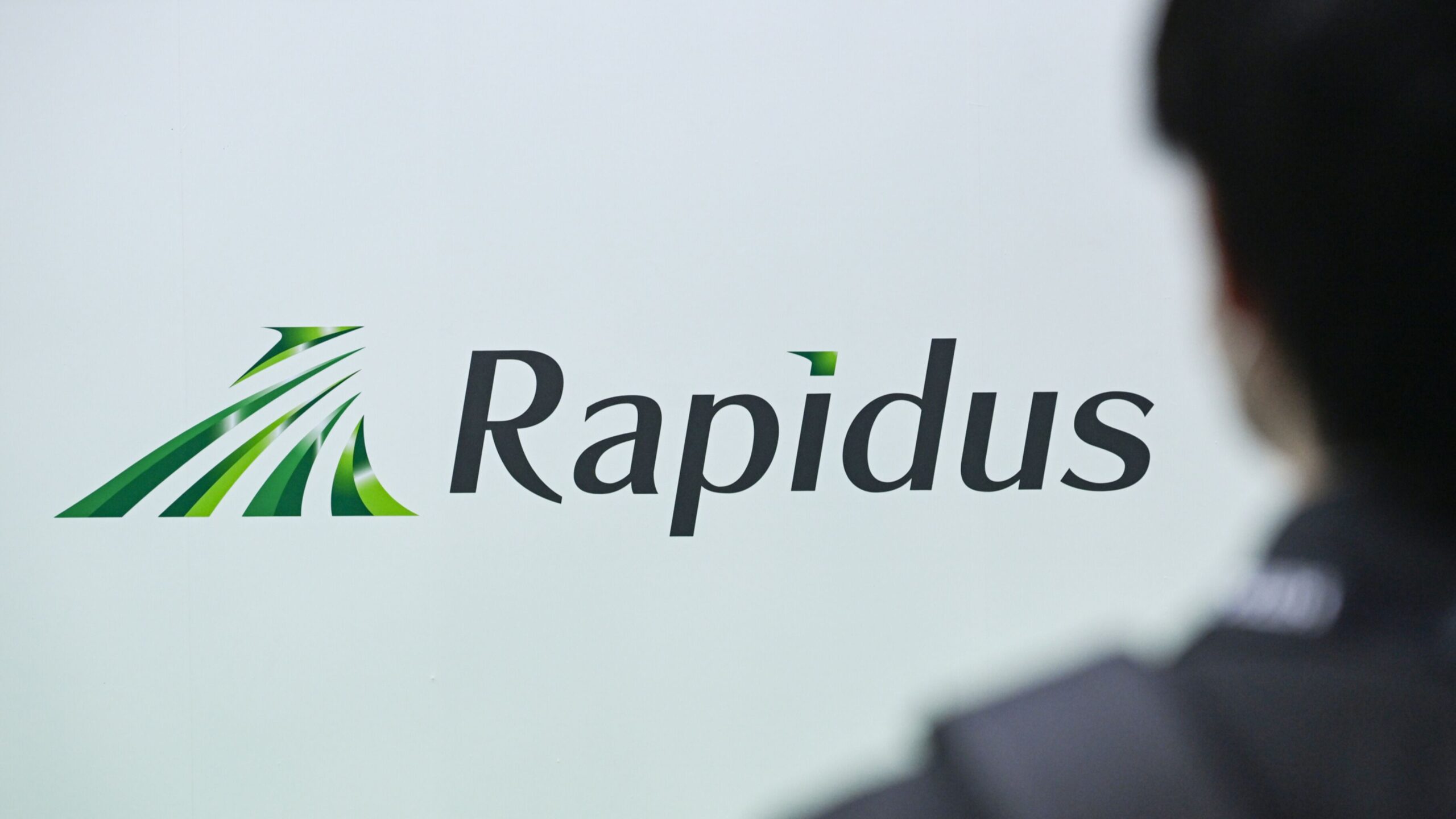July 16, 2025 /SemiMedia/ — U.S. policy adjustments on AI chip exports and rare earth supplies are beginning to ease trade tensions with China, prompting responses from major semiconductor players including Nvidia, AMD and Apple.
Nvidia said on July 14 it has filed a request with the U.S. government to resume sales of its H20 AI GPUs to Chinese customers and expects approval soon. The move marks a potential reversal of export restrictions imposed in April, which Nvidia previously estimated could cut $15 billion from its revenue. CEO Jensen Huang, speaking in Beijing, warned that losing access to the vast and innovative Chinese market could undermine Nvidia’s leadership in AI.
AMD also confirmed it is advancing its license request to export MI308 chips to China. The company said it expects approval and plans to restart shipments once the license is granted. AMD had earlier warned that the restrictions could lead to losses of around $800 million related to inventory and supply chain obligations.
These developments are tied to broader trade negotiations. U.S. Commerce Secretary Howard Lutnick revealed that the AI chip export adjustments were included as part of a magnet trade agreement linked to restarting rare earth shipments from China to U.S. manufacturers.
Separately, Apple announced a $500 million agreement with U.S. rare earth producer MP Materials to secure domestic supply of neodymium magnets for use in iPhones and other devices. The deal includes building a new production line in Texas and developing recycling systems for rare earths recovered from Apple products. MP Materials, the only U.S. operator of a rare earth mine, also received a $400 million investment from the Department of Defense and $1 billion in financing from JPMorgan and Goldman Sachs.
The policy shift signals a warming trend in U.S.–China trade relations, potentially easing global supply chain strains in semiconductors and critical materials essential for AI and high-tech industries.












All Comments (0)